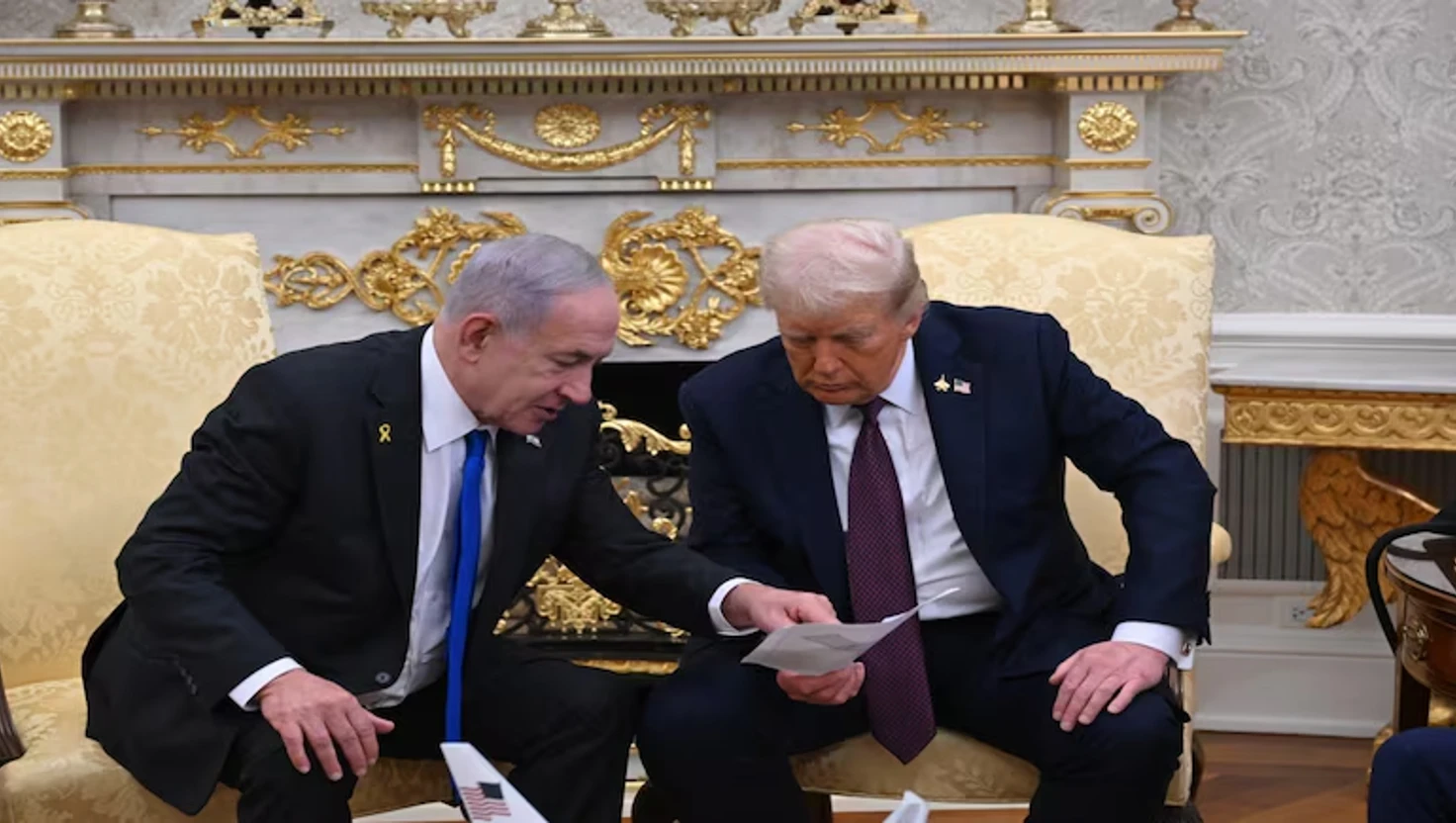Trump threatens new 100% tariff on China effective November 1 "or sooner"
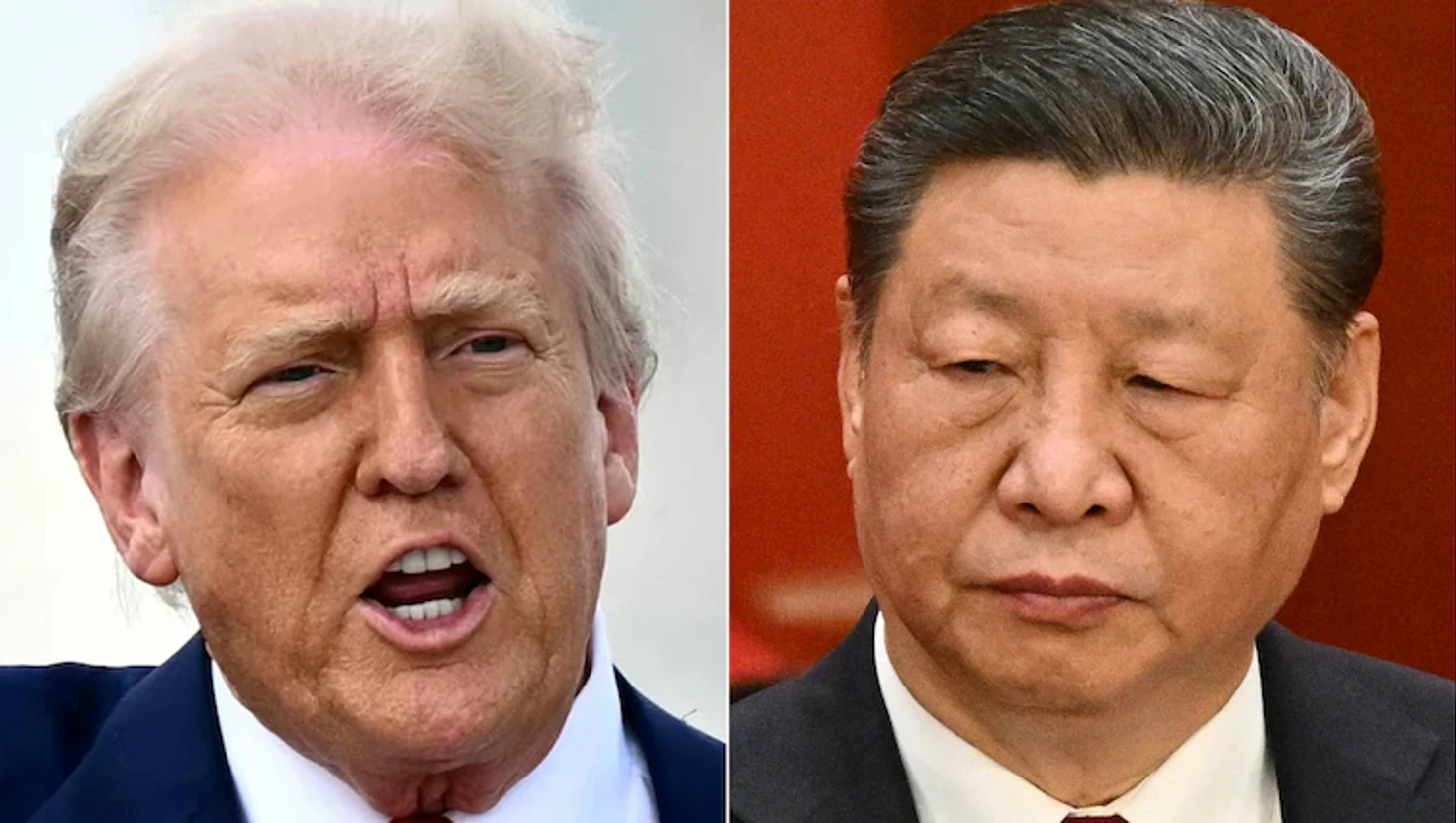
In a significant escalation of tensions between the United States and China, President Donald Trump has announced plans to impose an additional 100 per cent tariff on Chinese imports, effective November 1. This decision comes in response to Beijing's newly announced export restrictions on rare earth materials, which are essential for various technologies including smartphones and electric vehicles.
Background to Tariff Increase
The remarks made by President Trump via the Truth Social platform indicate that he perceives China’s recent economic strategies as aggressive. He characterised their actions as "extraordinarily hostile" and stated, "It is impossible to believe that China would have taken such an action, but they have, and the rest is history."
This tariff increase adds to the existing 30 per cent tariffs already levied on many Chinese goods, a situation initiated under Trump's previous administration when he accused China of engaging in unfair trade practices, including facilitating the illicit fentanyl trade.
Immediate Effects on Markets
Following the announcement, stock markets reacted swiftly, with the Nasdaq Composite dropping by 3.6 per cent and the S&P 500 declining by 2.7 per cent. Investors appeared to be concerned about the potential for a renewed and more aggressive trade war between the two global superpowers.
Rare Earth Elements and Their Importance
Rare earth elements are pivotal in modern manufacturing processes. Their applications extend to the production of critical technologies, military hardware, and renewable energy solutions. Currently, China holds a dominant position in the global supply chain for these minerals, which has raised concerns regarding dependency on Chinese exports, especially amid rising geopolitical tensions.
As part of his commentary, Trump mentioned that "There is no way that China should be allowed to hold the World captive," implying that the United States must act decisively to mitigate this dependency.
Planned Meetings and Diplomatic Implications
The announcement has thrown uncertainty over an upcoming summit between President Trump and Chinese President Xi Jinping, scheduled to take place at the Asia-Pacific Economic Cooperation (APEC) summit later this month in South Korea. Trump remarked, "I was to meet President Xi in two weeks, but now there seems to be no reason to do so."
Both leaders were expected to discuss various economic issues, including US agricultural exports, particularly soybeans, which are essential for American farmers, a key demographic ahead of the 2024 presidential elections.
Reactions and Ongoing Tensions
While there has yet to be an official response from Beijing, earlier tensions have seen both nations engaging in reciprocal tariffs. The back-and-forth has previously included China imposing its own tariffs of around 10 per cent in response to US measures directed at Chinese imports.
Trump's latest threat against China has been met with concern from other countries, which have reportedly expressed their displeasure regarding China's aggressive trading stance. In his posts, Trump emphasized that other nations have contacted the United States to express their frustrations over China’s trade hostility.
Previous Agreements and Current Relations
This latest announcement arrives just weeks after both countries seemed to be making headway in developing better diplomatic relations, particularly during negotiations concerning TikTok's US operations. However, the recent escalation has complicated these dynamics, with Trump's administration warning of a multi-faceted strategy aimed at bolstering domestic production capabilities in response to China's stance.
Brendan Carr, Chairman of the Federal Communications Commission, echoed similar concerns, stating, "The Communist Party of China is engaged in a multi-prong effort to insert insecure devices into Americans' homes and businesses."
Conclusion
As tensions escalate, analysts warn that this could lead to a further deterioration of relations between the two nations, with potential implications for global markets and economic stability. The upcoming APEC summit may serve as a critical juncture not just for US-China relations but also for the broader aspects of international trade.
In the interim, observers will remain vigilant regarding further developments and any potential shifts in strategy from either nation in order to gauge the future of trade relations. This unfolding situation underscores the fragility of the current trade truce and the urgency for diplomatic engagement between the two global leaders.
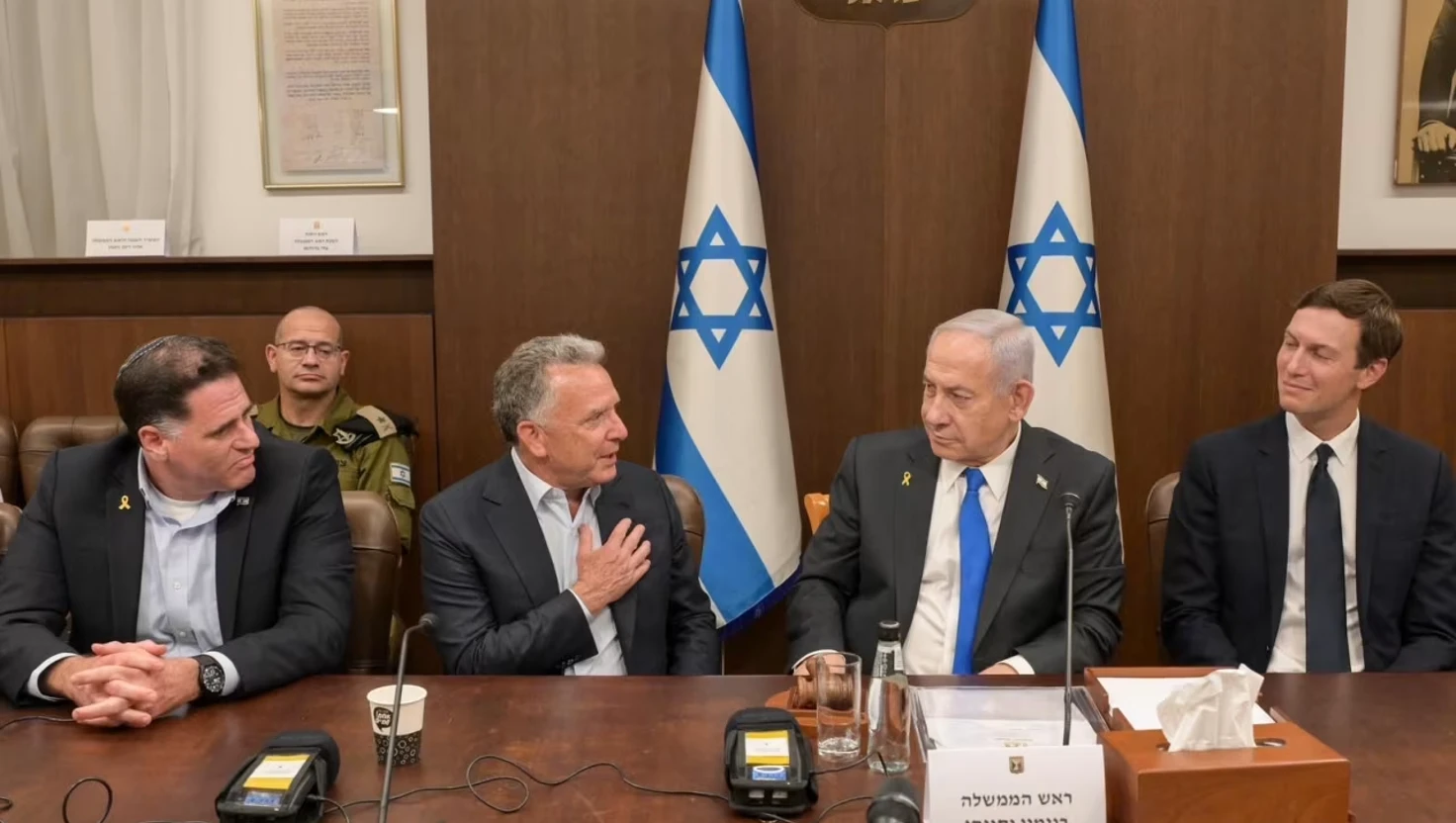
Israeli government approves US-brokered Gaza ceasefire and hostage release deal
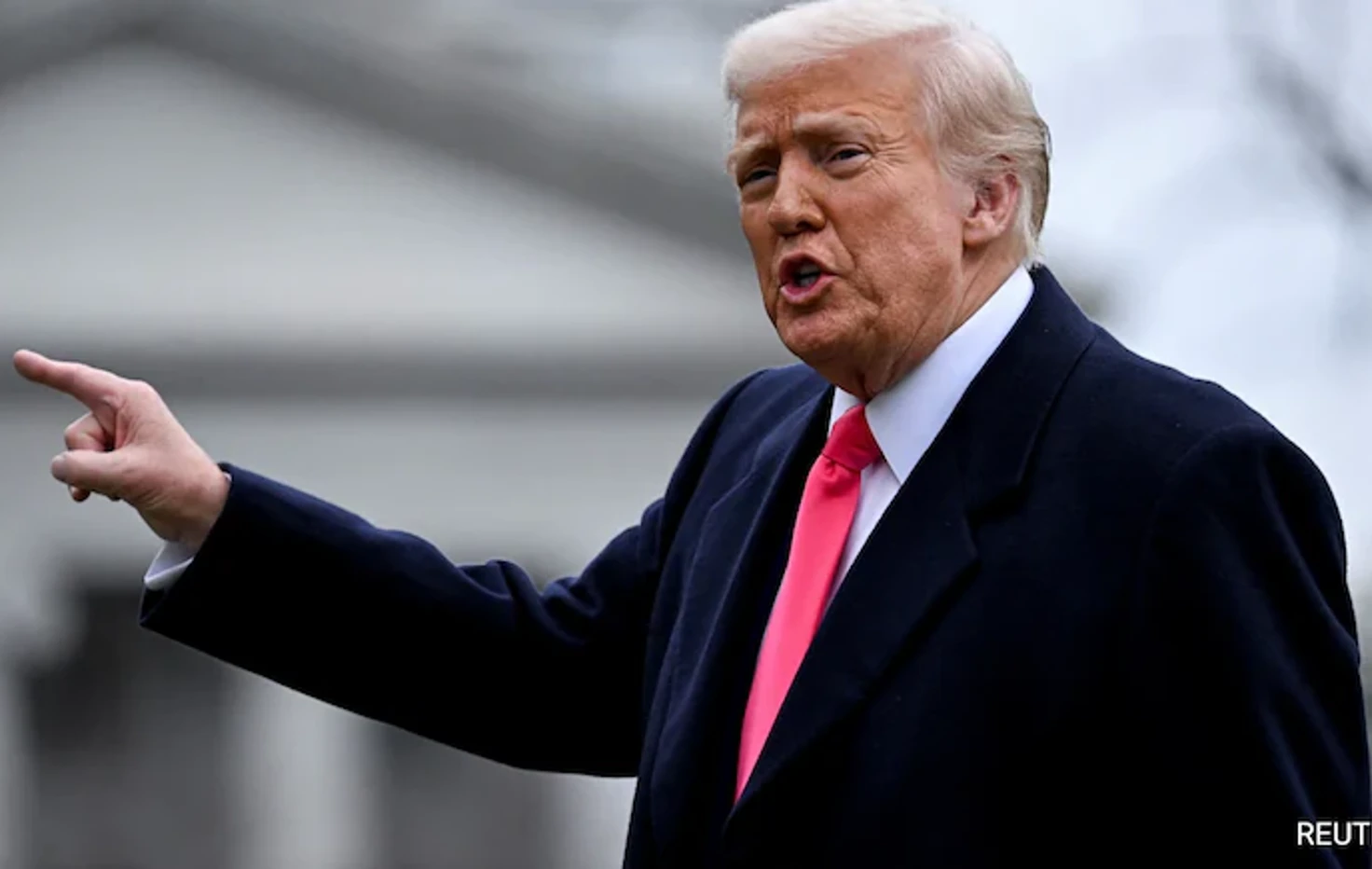
Israel and Hamas sign off on Gaza Peace Plan. Trump likely to visit Egypt this weekend

Trump urges Israel and Hamas to advance ceasefire plan, Netanyahu hopes to announce hostage release within days
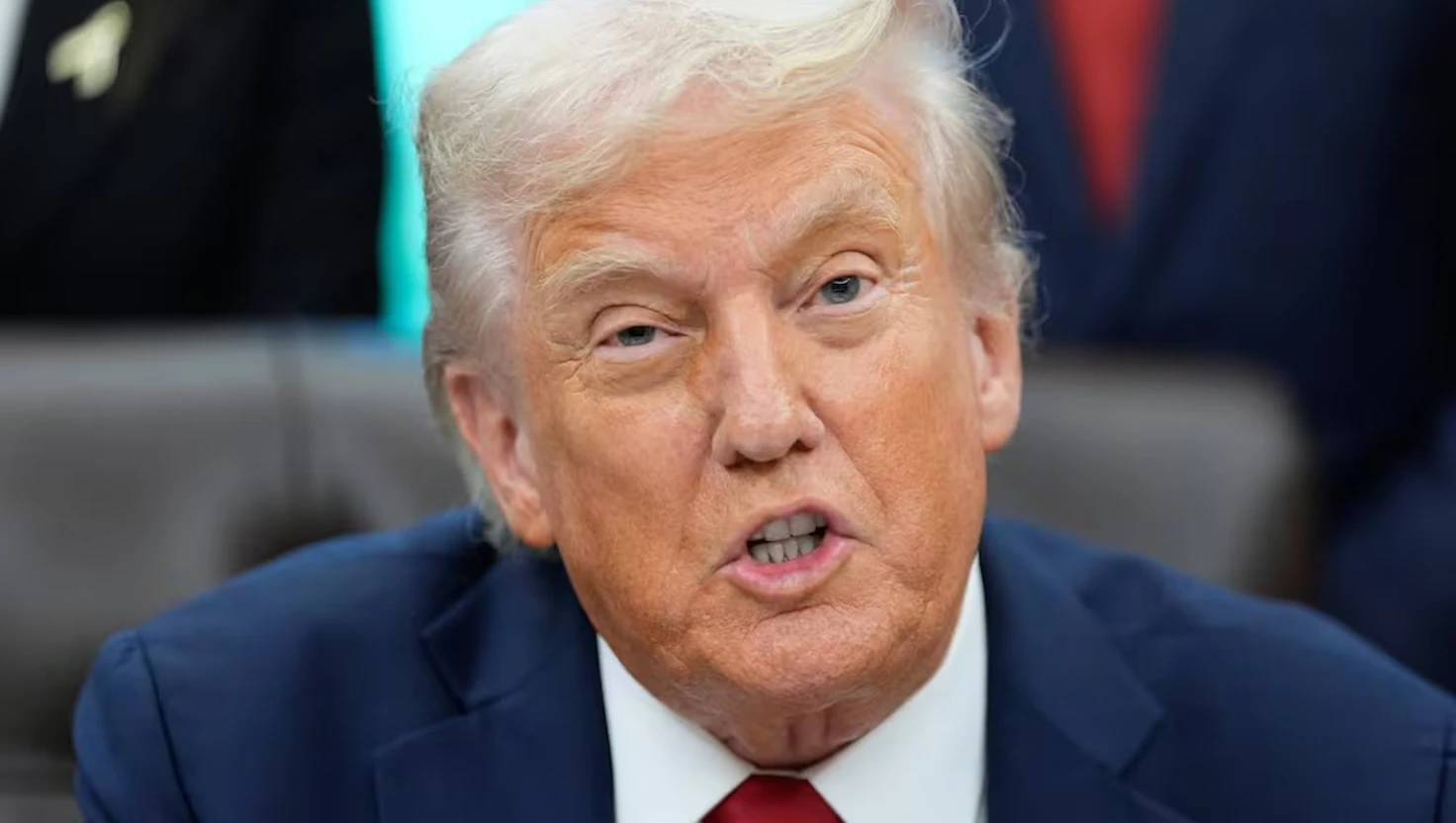
Trump orders Israel to stop bombing Gaza after Hamas backs parts of his peace plan
